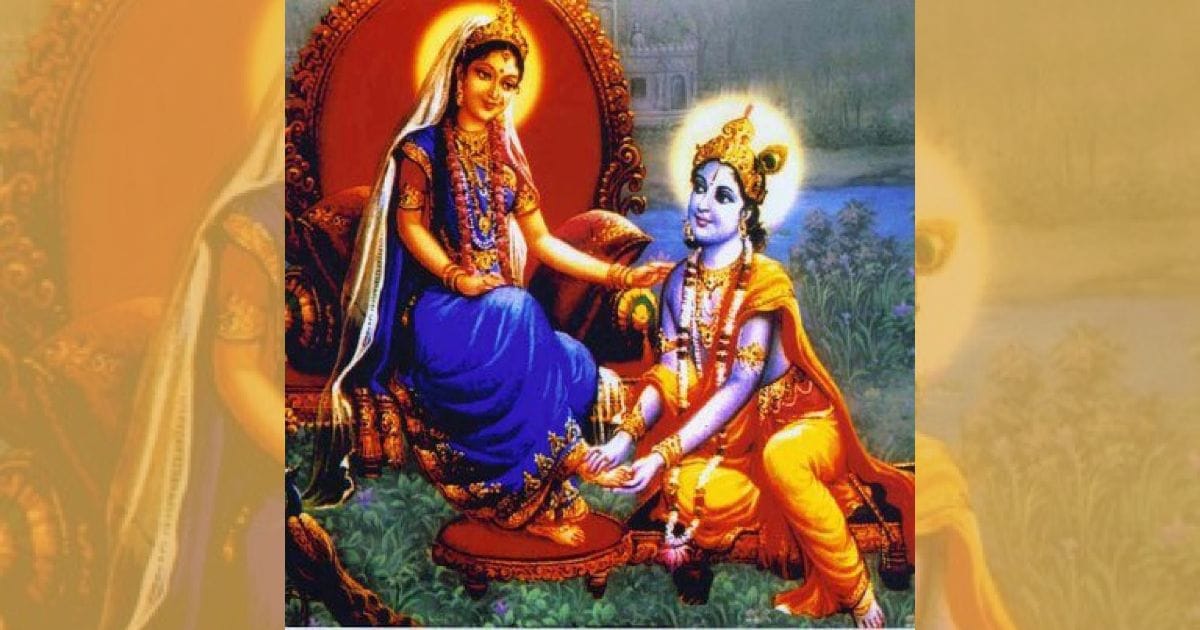Liberation or peace or mukti or moksha is the goal of many. All these words indicate a freedom from sorrow, pain, and suffering. In pursuit of this goal, many turn to God and pray to make their lives less painful. One would then be surprised to learn that a true devotee is willing to reject the happiness attained by liberation. After suffering so much why would one be willing to give up this happiness? What would make one have a change of heart?
Bhakti means to grow your attachment to God and Guru. True devotion is that which is not self-seeking but is done for the happiness for Guru and God. Thus, it entails the highest sacrifice of self-happiness. Since the desire for material happiness and liberation is for one’s happiness, a devotee readily makes this sacrifice.
puruṣhārthāstu chatvārstṛiṇāyante samantataḥ
Bhakti Rasāmṛit Sindhu
The material desires are dharm (religious wealth), arth (material wealth), and kam (desire for sensuous enjoyment) while the other desire is that of moksha (liberation). Bhakti gives such immense strength to the devotee that he throws away the material happiness and the happiness of liberation—just as one throws away a blade of grass—without a second thought.
hari bhakti mahādevyāḥ sarvāmuktyādi siddhayaḥ
bhuktayaśhchādbhutāstasya chetikā vadanuvratāḥ
Narad Panchratra
In this verse, Narad Muni says that the bliss of bhakti is such that even when the five types of liberation come and stand in front of the devotee, he does not acknowledge or accept them.
Chaitanya Mahaprabhu says:
tāra madhye mokṣha vānchhā kaitava pradhāna
meaning, of all the dangerous things, the most dangerous is liberation.
In the Bhagavatam, Ved Vyas writes:
dharmaḥ projhita kaitavaḥ
Bhāgavatam 1.1.2
What is the true dharma of an individual? That which is free from all selfishness. Thus, all acts that are free from the four desires related to dharm, arth, kam, and moksha—that alone is the true dharma of an individual.
na pārameṣhṭhyaṁ na mahendradhiṣhṇyaṁ
na sārvabhaumaṁ na rasādhipatyam
na yoga-siddhīr apunar-bhavaṁ vā
mayy arpitātmechchhati mad vinānyat
Bhāgavatam 11.14.14
One who has fixed his consciousness on Me desires neither the position nor abode of Brahma, nor Indra, nor an empire on earth, nor freedom in the hellish abodes, nor the eightfold perfection of yoga, nor liberation from birth and death. Such a person desires Me alone.
apunar-bhavaṁ, in this verse, means that the devotee does not seek liberation from birth and death. It is not that he does not desire just Sāyujya mukti because he merges into God, but he also rejects all other forms of liberation as well.
In verse 3.29.13, Sage Ved Vyas says:
dīyamānaṁ na gṛihṇanti vinā matsevanaṁ janāḥ
Bhāgavatam 3.29.13
meaning, a true devotee rejects even the four types of liberation that are associated with His personal form. Even if a devotee is offered any form of liberation from the Supreme Lord Himself, he does not accept them.
The scriptures describe four types of liberation where one can serve the Lord. In Sālokya mukti, we serve the Lord by living in His abodes. In Sārṣhṭi mukti we serve the Lord because we have the same opulence, wealth, and fame as Him. In Sārūpya mukti we have the same beautiful form as God. And in Sāmīpya mukti we serve Him as His personal aide. The key point to note is that in each of these forms, we are serving the Lord based on our desire, not His desire.
The fifth desire related to liberation is to merge into God. Also called Sāyujya mukti, it is considered the most dangerous because when this happens, it robs us of the eternal relationship with God and we lose the opportunity to serve Him. Thus, the wise devotee rejects not only this liberation but also the five types of liberation as they all represent the desire for self-happiness.
matsevayā pratītaṁ cha sālokyādi chatuṣhṭayam
Hence, a true devotee only seeks to serve His Lord according to the Lord’s desires. The devotee finds happiness in His Lord’s happiness. And if that truly is the goal, then it does not matter where we live or how we look or how rich we are. Everything we have is used in the service of the Lord. When selfless service to the Lord becomes a way of life, then one rejects everything else that is offered, even if it is granted by the Lord Himself. The devotee does not ask for anything except for the opportunity to serve the Lord according to His desires.
This is why one of the qualities of bhakti is that it is mokṣhalaghutākṛita, meaning, it makes the happiness attained from liberation seem insignificant and not something worth pursuing.


